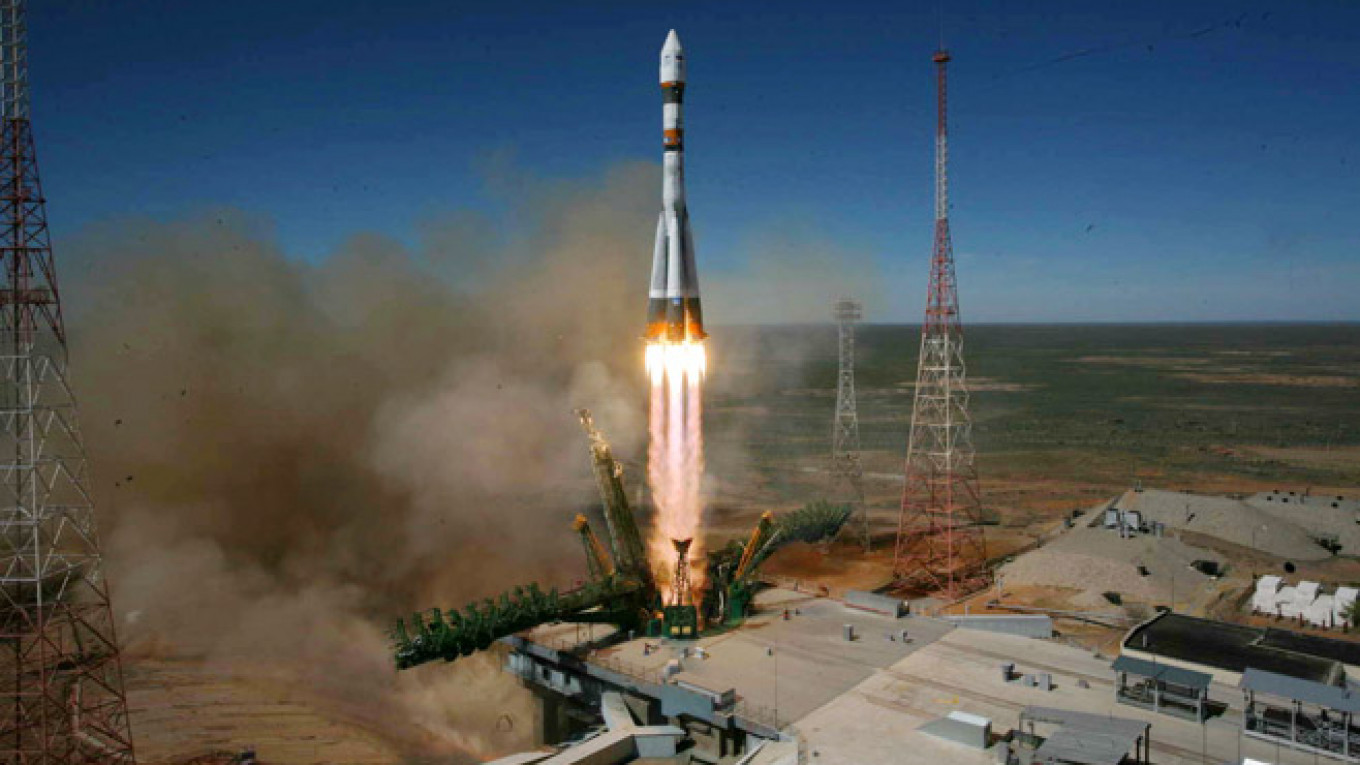Russia's Federal Space Agency has reduced its upcoming funding request by 41 percent to 2 trillion rubles ($40 billion) over the next decade, according to a statement published on the Roscosmos website Wednesday.
"It should be noted that the designated volume of federal funds is the absolute minimum for guaranteeing that we achieve [our] established objectives," said the chairman of Roscosmos's internal planning body, Yury Koptev.
Just three weeks ago, Koptev quoted 3.4 trillion rubles ($67.5 billion) as the agency's funding target in its proposed Federal Space Program 2016-2025 — a document that lays out Russia's space activities over the next decade and specifies the funding allocated to each project.
The original draft of the program was completed last year, but Russia's economic crisis has forced the government to reevaluate its spending priorities. Russia's economy is expected to shrink by up to 5 percent this year amid low oil prices and Western sanctions over Moscow's role in the Ukraine crisis.
The drastic reduction in proposed funding will hit Russia's more ambitious space proposals hard.
Although the agency continues to say it will land a cosmonaut on the moon by 2030, it will need to build a new super-heavy rocket to accomplish the task. It is now unclear where the money to develop such a rocket will come from.
Koptev in March said a new moon rocket would cost 700 billion rubles ($13.4 billion), but on Monday Roscosmos chief Igor Komarov told President Vladimir Putin that the new proposal allocated only 60 billion rubles ($1.2 billion) for the project.
NASA is working on a super-heavy rocket of its own, the Space Launch System, which is set to fly in 2017. NASA estimates the final development costs for the new rocket will be around $12 billion.
A Message from The Moscow Times:
Dear readers,
We are facing unprecedented challenges. Russia's Prosecutor General's Office has designated The Moscow Times as an "undesirable" organization, criminalizing our work and putting our staff at risk of prosecution. This follows our earlier unjust labeling as a "foreign agent."
These actions are direct attempts to silence independent journalism in Russia. The authorities claim our work "discredits the decisions of the Russian leadership." We see things differently: we strive to provide accurate, unbiased reporting on Russia.
We, the journalists of The Moscow Times, refuse to be silenced. But to continue our work, we need your help.
Your support, no matter how small, makes a world of difference. If you can, please support us monthly starting from just $2. It's quick to set up, and every contribution makes a significant impact.
By supporting The Moscow Times, you're defending open, independent journalism in the face of repression. Thank you for standing with us.
Remind me later.






